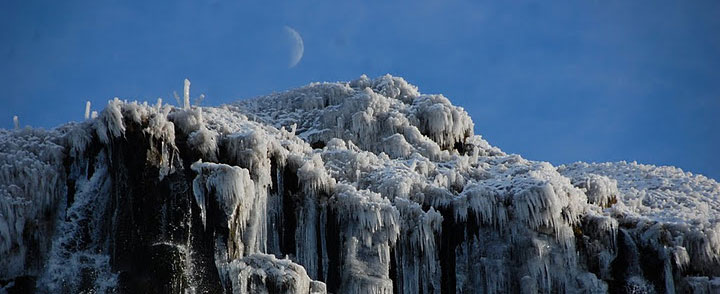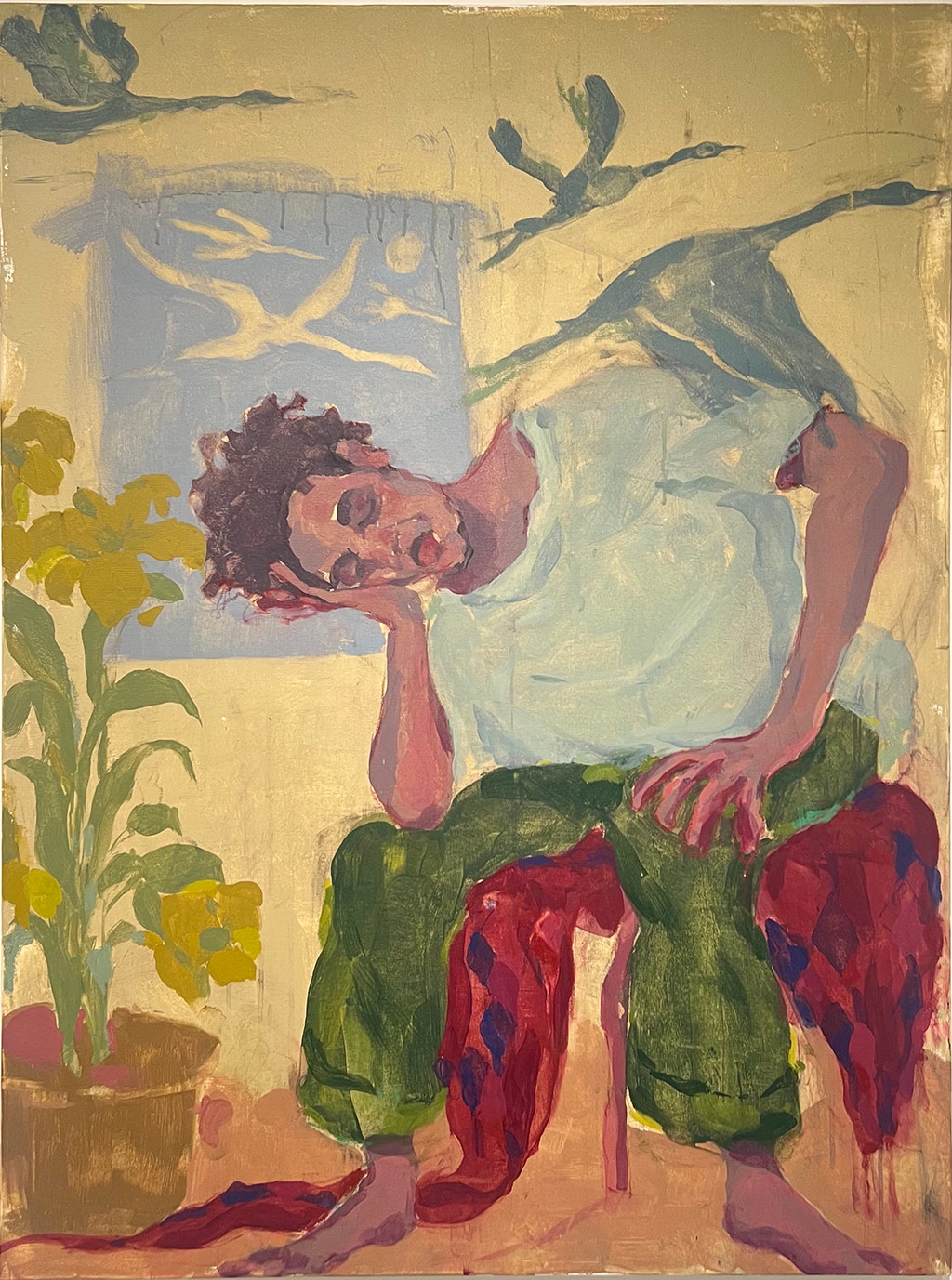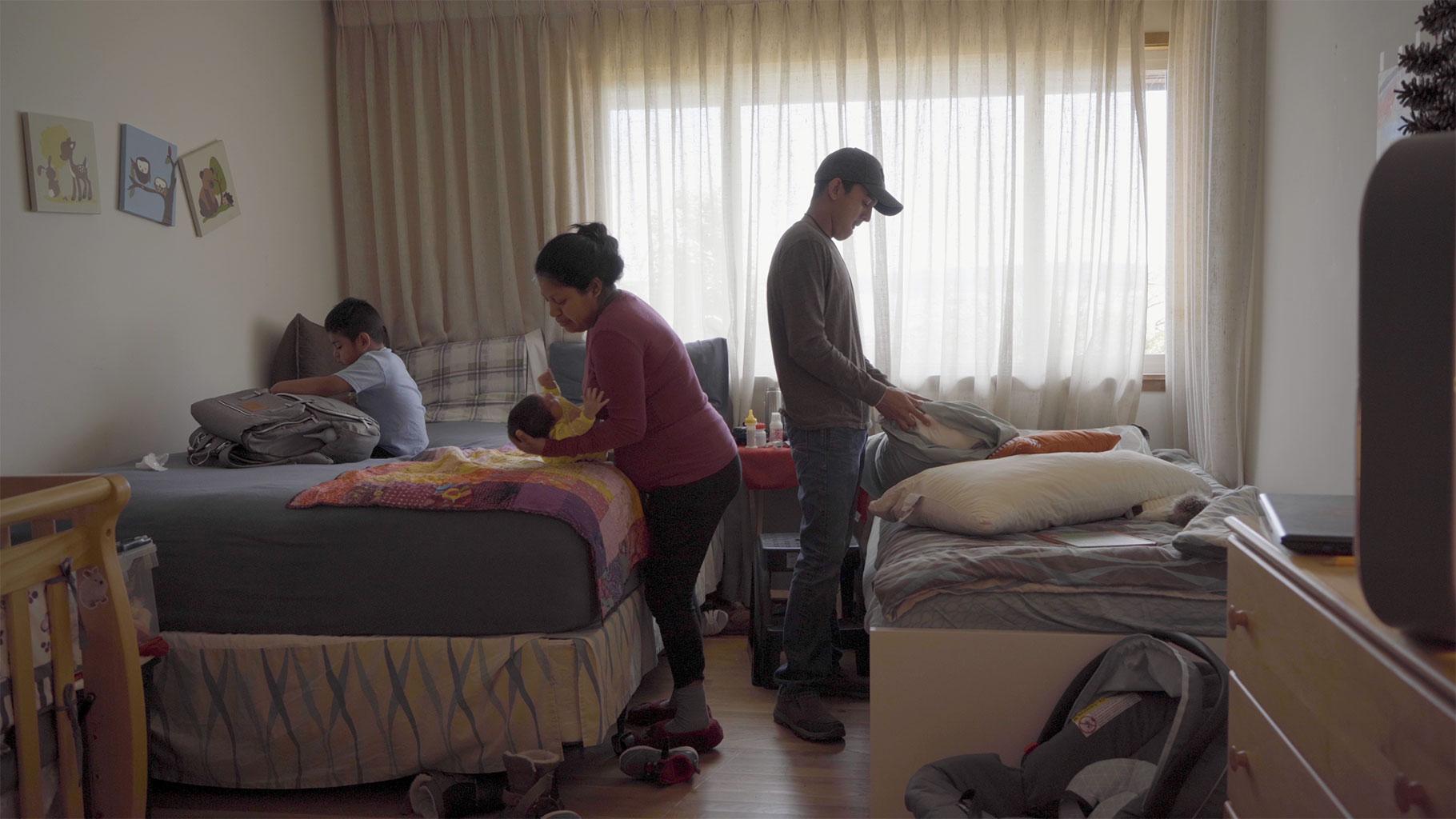Challenges Ahead
Between 2008 and 2010, Iceland experienced a short but extreme economic recession. Three of the country’s major commercial banks collapsed, and the Icelandic government had to turn to other countries for economic alleviation. According to Jon Danielsson, an associate professor of finance at the London School of Economics, “No Western country has crashed in peacetime as quickly and as badly.”
“Ordinary people are struggling,” says Magnússon, about post-recession life. “And there has been a change of atmosphere, which is great… people are not talking about stocks and sponsors over dinner now, and things don´t have to be so fancy. There is a rawness that is back.”
The crash has changed the average Icelander’s relationship to money, which in turn has impacted the music scene. Largely centered around self-releases and record labels run by musicians, pursuing a musical career in Iceland is a DIY affair of passion.
“A few years back, there was lot of money around; there was absolutely no event made there without a major sponsor — a bank or something. It was kind of obscene. All this capital is, of course, gone now after everything crashed…” Magnússon continues. “If I wanted to get a bunch of money, I wouldn´t be doing what I do.”
“Very, very few musicians can live off their work, and there is not a lot of money involved in the business,” admits Baldvin Esra, label manager at Kimi Records. Esra’s testimony is especially telling, as Kimi Records, along with its sister label Brak, is one of Iceland’s most successful boutique labels.
Most musicians see little payment for playing shows. Zakarias Gunnarsson, of the experimental rock group, Caterpillarmen, questions the scene with honesty, rhetorically asking, “[You] basically never [get] paid for your effort, and sometimes [don’t even get] any fucking beer… How weak is that?”
Reykjavik is also plagued with a lack of proper music venues — a wonder, considering the prevalence of musicians.
“It can get a little tiring that there are only two or three venues you can play on a regular basis,” says Árni Þór Árnason, of Rökkurró. “The other venues are so much bigger that they are only used for special occasions.”
“Sadly, there are no city-sponsored music venues like in other Nordic countries,” says Sindri Már Sigfússon, “The venues sometimes close down until someone brave enough opens them up again.”
Iceland’s geography also adds another layer of complexity. Touring is difficult, and attaining equipment can be expensive.
“The fact that you can’t really tour Iceland and you can’t really sell records here [is] always going to [make it] almost impossible for bands to achieve any great commercial success,” explains singer-songwriter Þórir Georg, also known as My Summer As A Salvation Soldier.
“It’s an uphill battle Icelandic musicians face that bands in most of the other [countries] do not have to deal with. It’s not like we can just load up a bus and hit the road,” quips Leifur Eirksson, an experimental electronic pop musician known as Ljósvaki. “Well, there is a ship, but it takes days, and when you have to be at work next Monday because music isn’t earning you a living, it’s a bit of a Catch-22.”
Eirksson’s thoughts echo those of most Icelandic musicians, and complaints are few. Nearly everyone agrees that the Icelandic music scene is remarkable, and one to be treasured.
“There’s a lot of good music being made here, and some very competent studios recording it,” Eirksson continues. “We have something unique to offer and add to the musical experience of the world.”
“The variety in the Icelandic music scene is as diverse as any other,” says Snævar Albertsson of DAD ROCKS!. “But somehow the more bittersweet music has been doing well internationally.”
Ω
“I can’t say for my sake that Geysir or Gullfoss has inspired me, in particular, although I bet there have been written a thousand songs about them. Then again, I have lived here for most of my life so I can’t really say. It’s like being a fish and getting asked how wet feels for me. I don’t know because I don’t have any contrast to really understand it…
“I don’t think that is important, though. The product of the inspiration, I feel, is more important than the reasons behind it. And spreading the inspiration is like an invisible force that moves people and makes things happen. Doesn’t matter why or how, but it matters that it’s there.”
— Leifur Eirksson, of Ljósvaki







awesome article vivian!!!!!!!!!!!!!!!
Wow. What an in depth article Viv! Nicely done. Seriously. This is like real deal journalism stuff right here 🙂
one of the better non-icelandic articles about the scene i’ve read.
check it
who is the author?
vivian hua